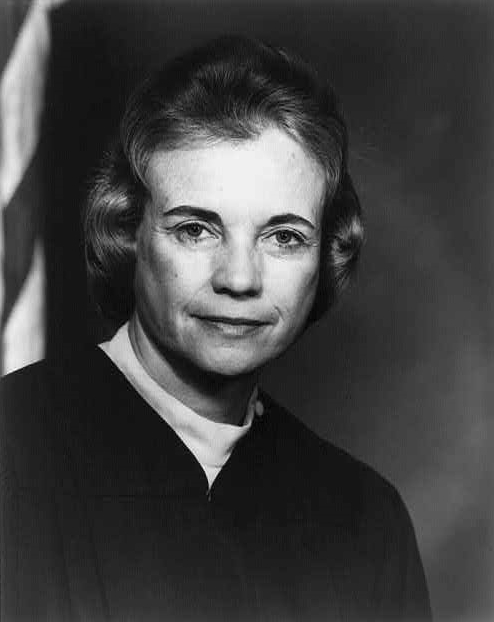McCreary County v. American Civil Liberties Union, 545 U.S. 844 (2005) (concurring).
Contexto: Reasonable minds can disagree about how to apply the Religion Clauses in a given case. But the goal of the Clauses is clear: to carry out the Founders’ plan of preserving religious liberty to the fullest extent possible in a pluralistic society. By enforcing the Clauses, we have kept religion a matter for the individual conscience, not for the prosecutor or bureaucrat. At a time when we see around the world the violent consequences of the assumption of religious authority by government, Americans may count themselves fortunate: Our regard for constitutional boundaries has protected us from similar travails, while allowing private religious exercise to flourish. [... ] Those who would renegotiate the boundaries between church and state must therefore answer a difficult question: Why would we trade a system that has served us so well for one that has served others so poorly?
Sandra Day O'Connor: Frases en inglés
Upholding the constitutionality of a "moment of silent prayer" in schools in Wallce v. Jaffree, 472 U.S. 38 (1985) (concurring).
Striking down the "Take-Title" provision of the Low-Level Radioactive Waste Policy Amendments Act in New York v. United States, 505 U.S. 144 (1992).
Feist Publications, Inc. v. Rural Telephone Service Co., 499 U.S. 340 (1991).
McCreary County v. American Civil Liberties Union, 545 U.S. 844 (2005) (concurring).
Striking down Ten Commandments displays in two county courthouses in Kentucky in McCreary County v. American Civil Liberties Union, 545 U.S. 844 (2005) (concurring)
Washington Post (September 10, 1981).
“The proper role of the judiciary is one of interpreting and applying the law, not making it.”
Testimony at her confirmation hearing, reported in the New York Times (February 23, 1984).
